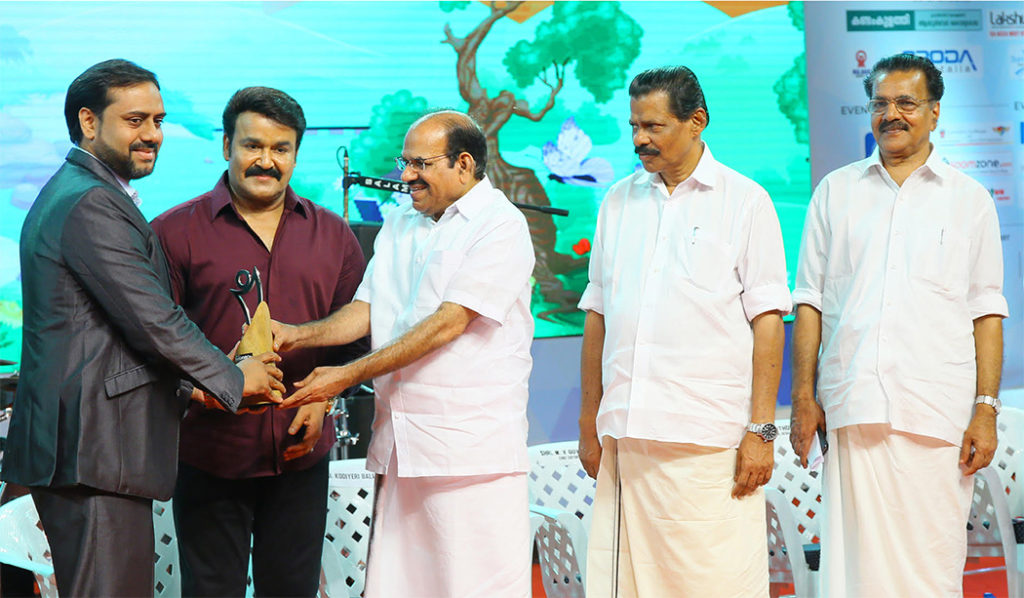YEARS OF EXPERIENCE
FROM OVER 25 COUNTRIES
FEMALE INFERTILITY TREATMENT


Women carry limited number of eggs and with the progressing reproductive years, the eggs lacks in quality and number. This decreases the chances of having baby by 3%-5% after the age of 30. The reduction in fertility is found to extend after the age of 40.
What is Recurrent Miscarriage
What does recurrent miscarriage mean?
What leads to recurrent miscarriage?
The genetic abnormalities
The anatomic abnormalities
Several medical conditions
Several types of medical conditions increase the risk of recurrent miscarriage like:
The Antiphospholipid Syndrome (APS) – This autoimmune disorder occurs when a person’s immune system makes antibodies to certain substances by mistake that is needed for blood clotting.
Hormonal issues or Thyroid – The overactive or underactive thyroid (the endocrine gland present at the base of the neck) result in hormonal imbalances. Hormonal imbalances cause miscarriage when the uterine lining doesn’t normally develop for implantation and nourishment of a fertilized egg. Higher levels of prolactin (the reproductive hormone of the pituitary gland) alter the proper development of the uterine lining.
Polyps and Fibroids – Non- cancerous growths invade the uterus.
The Asherman’s syndrome – A condition where scar tissue forms inside the uterus and result in miscarriage.

